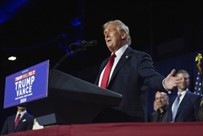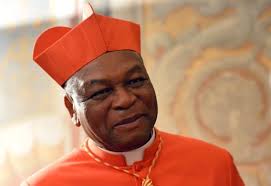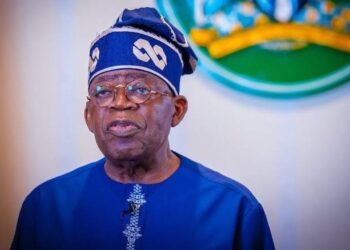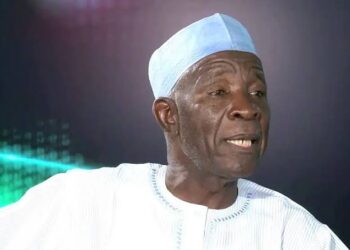The United Nations’ climate chief, Simon Stiell, has reassured the world that international efforts to combat climate change will remain strong despite the re-election of Donald Trump, who has pledged to withdraw the United States from the Paris Agreement.
Speaking at the COP29 climate talks in Baku, Azerbaijan, on Tuesday, Stiell emphasized the resilience of the global climate process, saying, “Our process is strong. It’s robust, and it will endure.”
Trump’s re-election has sparked widespread concerns among climate advocates and negotiators, as the former president has consistently criticized international climate agreements.
His promise to withdraw from the landmark 2015 Paris deal has cast a shadow over the ongoing discussions, with fears that the U.S. exit could weaken collective efforts to curb global warming. Despite these concerns, Stiell urged delegates to demonstrate unwavering global solidarity in tackling the climate crisis.
The COP29 negotiations have centered on increasing financial support for developing countries to help them adapt to the impacts of climate change and transition their economies away from fossil fuels.
Stiell reiterated the importance of this focus, calling for enhanced cooperation and funding to meet the needs of vulnerable nations. “Global cooperation is the only way humanity survives global warming,” he said, highlighting the critical role of shared efforts in achieving climate goals.
However, many participating countries face domestic challenges that have shifted public attention away from climate issues. With rising inflation and sluggish economic growth, some governments are grappling with public discontent over immediate economic concerns rather than long-term environmental policies. Despite this, Stiell insisted that economic stability and climate action are deeply intertwined.
“The climate crisis is fast becoming an economy killer,” Stiell warned, pointing out that the financial impacts of unchecked climate change could exacerbate existing economic woes.
He highlighted the increasing frequency of extreme weather events and their devastating effects on economies worldwide, cautioning that without urgent action, “every country and every household will be hammered even harder than they currently are.”
Stiell argued that proactive climate measures could act as a safeguard against economic instability, describing climate action as “global inflation insurance.” He noted that investing in sustainable practices and reducing carbon emissions could help mitigate the economic impacts of climate change, providing long-term benefits for both developing and developed nations.



































